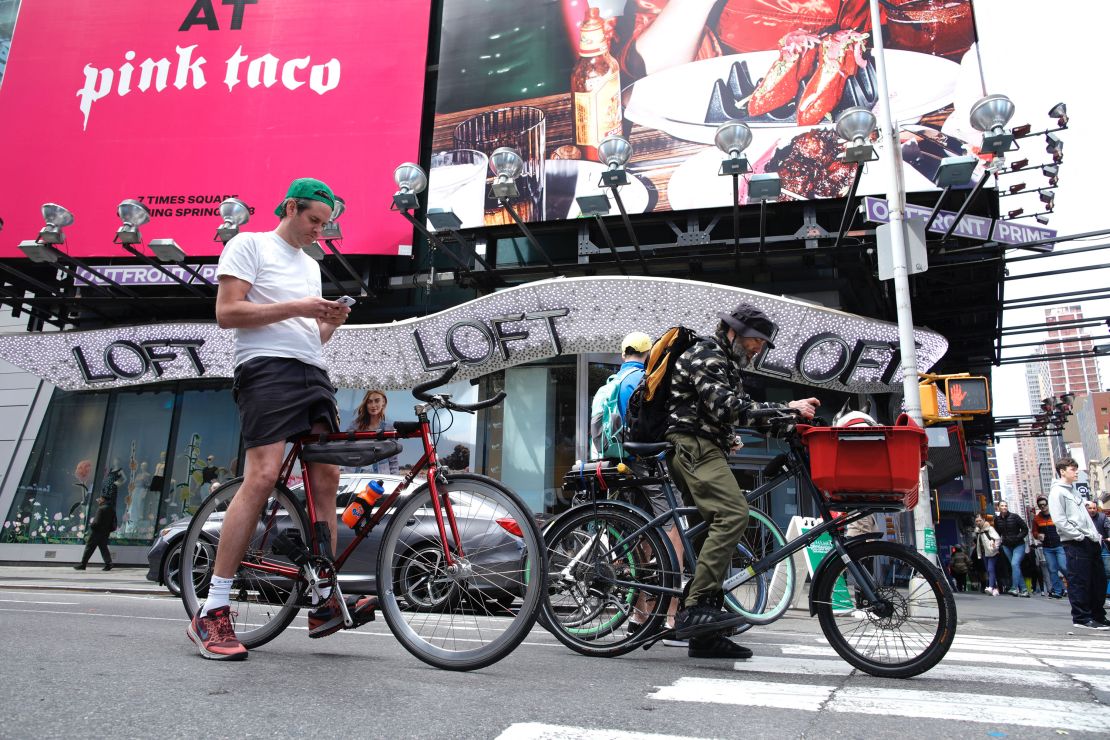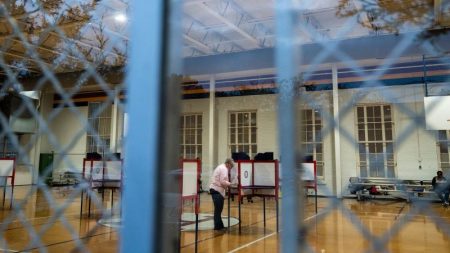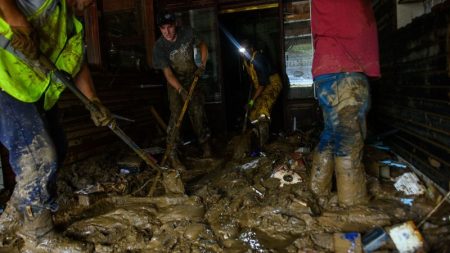A version of this story appeared in CNN’s What Matters newsletter. To get it in your inbox, sign up for free here.
Although many Americans and policy wonks see climate change as the major existential issue of our time, it ends up feeling like a relatively small piece of the American political conversation, which is more focused on the economy, immigration and democracy.
The climate crisis ends up touching on all of those issues, as CNN’s chief climate correspondent Bill Weir told me. His new book, “Life As We Know It (Can Be): Stories of People, Climate and Hope in a Changing World,” comes out on April 16. We talked on the phone about his recent trip to Massachusetts, where some beachfront homeowners who want the state to do more to help protect the area from erosion and rising sea levels also deny the climate is in crisis.
My conversation with Weir, edited for clarity, is below:
WOLF: You’re on the ground covering the climate crisis every day. Where has that taken you recently?
WEIR: To both ends of the spectrum. It’s the grim reality of what’s unfolding and also, we’re working on a special on innovation.
Most recently, I was in Salisbury, Massachusetts, on the New Hampshire border where folks there, over the generations, have watched the high tide get higher, year by year. As is the case along the Atlantic coast, erosion is accelerating along with sea level rise.
And so this year, over 100 homeowners banded together, spent $600,000 on 15,000 tons of sand in order to fortify their beachside homes from storms and higher tides. In years past, that would last them three or four years, but then they got yet another freak storm and high tide and most of it was washed away in a single day.
They’re coming to grips in various forms with the five stages of climate grief. They very much want the state to kick in.
I met some neighbors who refuse to acknowledge climate science and just believe that this is a string of bad luck, a one-off series of unfortunate events. Others are coming around to the to the idea and the actual scientific warnings that Massachusetts is bracing for, officially, a couple of feet of sea level rise above year 2000 levels just in the next decade or two.
This $600k defense against sea level rise could have lasted 3 years. It was destroyed in less than a day
This was a fascinating case study in the psychology about it, and how people who don’t really acknowledge the warnings of science are the ones most dedicated to saving what’s there now, and so are a vital part of bracing for what’s unfolding.
And at the other end of the spectrum?
WEIR: I went down to Florida and met with a couple of inspirational developers. One is Syd Kitson, a former NFL player, who built the first solar power town in America. It’s called Babcock Ranch, Florida.
I was riding out Hurricane Ian a few miles away where everything was plunged into darkness and flooded. But because of his designs and ideas, they never lost power and never flooded, and as a result, the demand for people to buy homes in Babcock Ranch has skyrocketed. He’s building them as fast as he can.
And so I’m looking at glimpses into how the climate crisis is already changing neighborhoods and which direction we’re likely to go when it comes to construction and food supplies and energy. It’s all changing incredibly fast – an industrial revolution that nobody’s talking about.
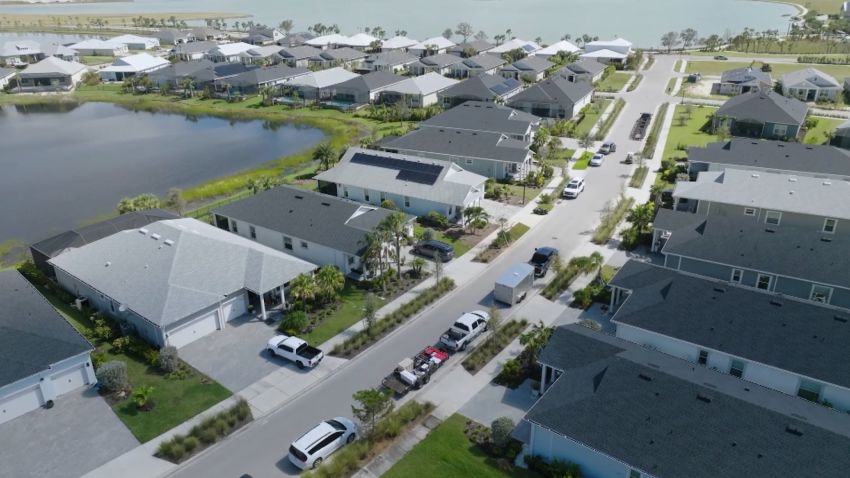
See why this Florida town survived Ian unscathed
WOLF: You did another story recently about Buffalo as a landing spot for climate refugees. I think it’s interesting that on the one hand, you’re talking to people who are making it so that we can withstand climate change in Florida, but then also thinking about where people are eventually going to have to move because of climate change. How far out is the horizon where we actually see people moving away from the Sunbelt because that’s where people have been moving to for so long?
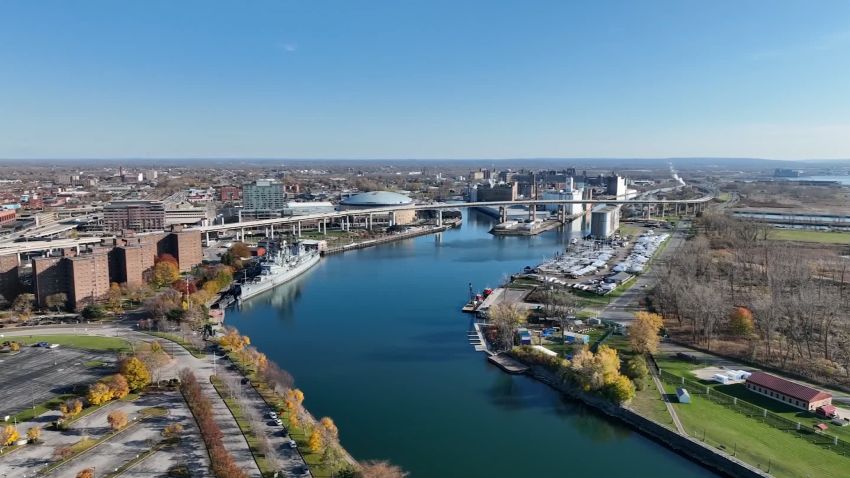
This city rarely reaches 100 degrees. It is now considered a ‘climate refuge’
WEIR: It’s a fascinating question for different reasons. Five thousand people who were driven out of Puerto Rico by Hurricane Maria went to Buffalo for refuge because there’s a Puerto Rican community there; 3,000 of them stayed.
The city embraced that. They need folks to revitalize these Rust Belt towns, and they have a ton of fresh water and clean energy with Niagara Falls. So they’ve declared themselves a climate refuge. For them, it’s not just the latitude, it’s the attitude around migration.
At the same time, for the first time in human history, sun and wind energy are the cheapest forms of energy. And so the sun belts, now we’re gonna think of them as the solar belts, and the wind belts, the high plains of Texas, are going to be a huge magnet for big manufacturing who need a lot of abundant energy.
Texas now leads the nation in clean energy just because of the economics, despite the politics and ideology. Bright-red Texas is the greenest state right now. The math, the economics of it, is going to change the landscape of what attracts companies, and then as a result, what attracts workers.
But ultimately, the heat is going to win. As the belly on the planet becomes more intolerable, the northern latitudes become that much more attractive.
Alaska could be the new Florida for retirees. It’ll be a lot wetter up there. But the band of the United States from Portland, Maine, to Portland, Oregon, across the Great Lakes is a refuge that is best positioned for that.
The UN predicts tens of millions of folks forced to cross borders by sudden, unnatural disasters. You can see what’s happening on the border now. And as droughts get worse in Central America, you can just play it out. The strain is going to go up.
WOLF: It’s interesting to hear you say that about Texas, because the governor and the Republican-dominated legislature there would seemingly be opposed to doing anything specifically because of climate change. But if there’s a capitalist urge, people seem more in tune with it. Joe Biden has tried to make the argument that addressing climate change should be an economic boom. Do you think that even if people are unwilling to accept that climate change is happening, they still might be doing things to address it?
WEIR: Oh, absolutely. A story that I don’t get to tell enough is just this massive boom in renewables and clean energy and clean water tech.
I think the most recent analysis was for every dollar spent by the Inflation Reduction Act and the Bipartisan Infrastructure Act, five-and-a-half bucks in private investment has chased that.
And there are these massive growth rates in the sectors that people aren’t talking about – carbon removal, thermal storage, using big boxes of hot rocks to store clean energy, using the earth as a battery through pressure, geothermal – all of these things are exploding now.
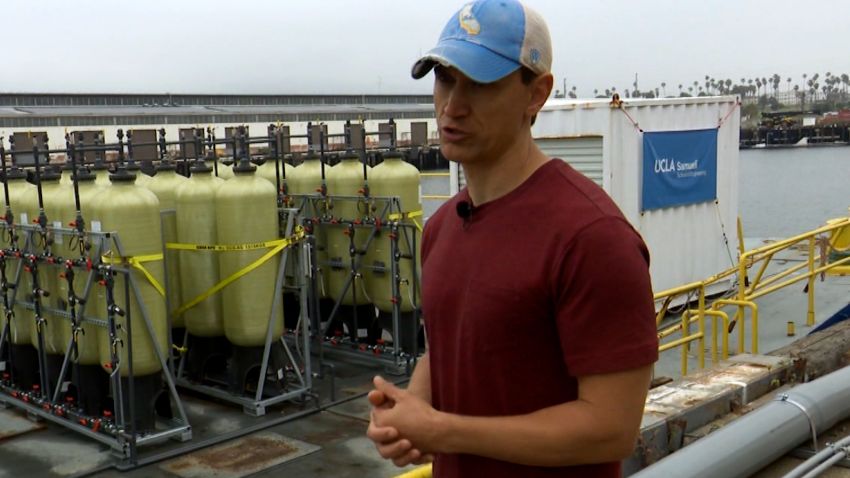
Scientists have a way of removing carbon dioxide from our oceans






